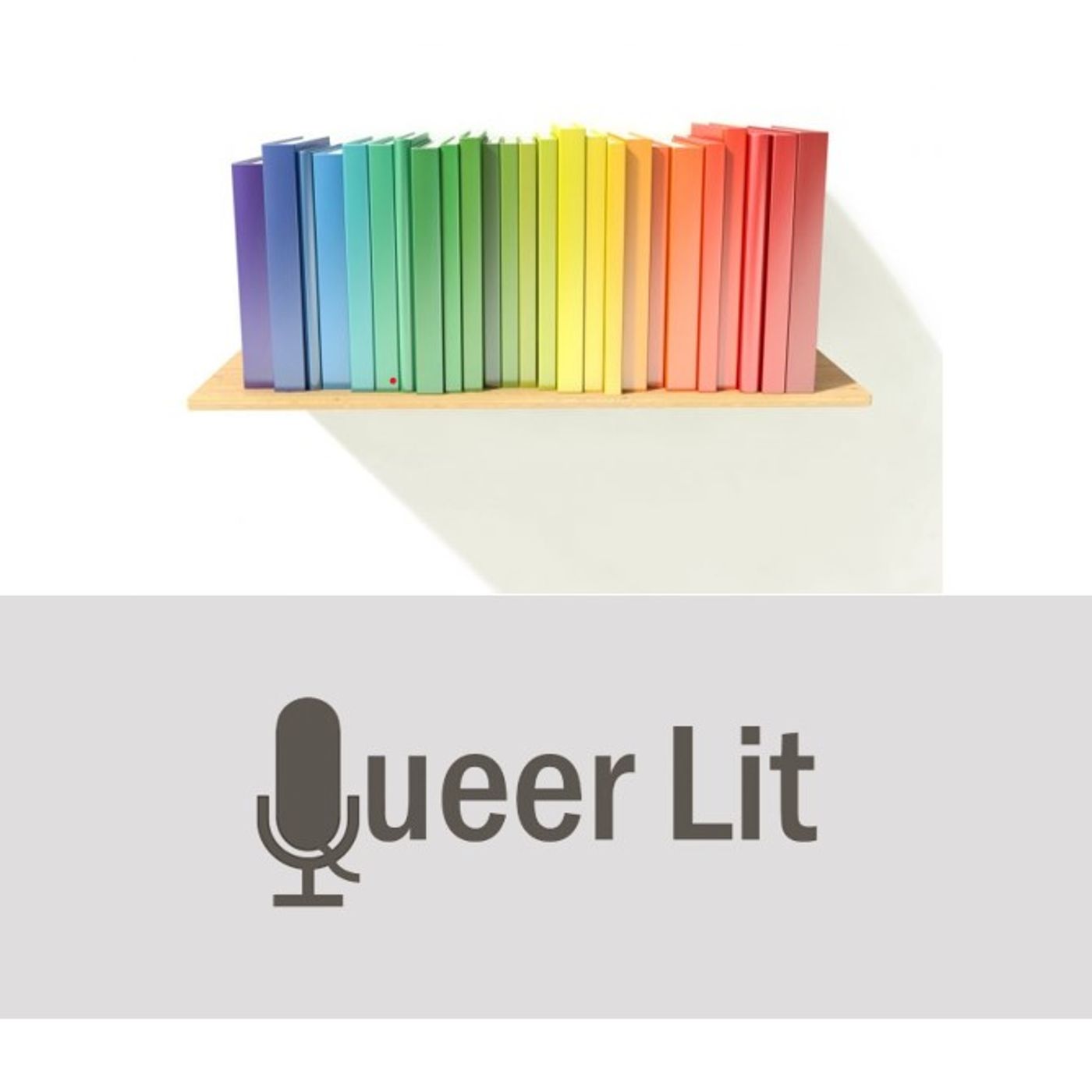“Two-Spirit Kinship” with Kai Minosh Pyle
Description
What can you do when the language for who you are doesn’t exist yet? Kai Minosh Pyle’s answer: write gorgeous poetry about it! In this episode, Kai reads one of their multilingual pieces, but they also talk about the benefits of using words that ‘kind of’ fit, and about finding trans*temporal kinship with Two-Spirit ancestors in creative writing and scholarly research. Kai introduces us to some less well-known figures from Indigiqueer history, they talk about the challenges of teaching Two-Spirit writing and they even (possibly) coin a new term right here in this episode!
If you are excited at the prospect of finding out what Indigitrans might mean, don’t delay – listen today!
References:
Pyle, Kai, and Danne Jobin. "Transgender, Two-Spirit and Nonbinary Indigenous Literatures: An Introduction." Transmotion 7.1 (2021): 1-9.
Anishinaabe
Métis
Louise (Wzawshek)
Potawatomi
Ozaawindib
Ralph Kerwineo
“The Midwest is a Two-Spirit Place”
Sweeter Voices Still
Trans*temporal kinship
Lisa Tatonetti
Jas Morgan
Wahkohtowin
Aiyyana Maracle’s A Journey in Gender
Ojibwe
Michif
Keguro Macharia
T4T
Jenzen, Olu. "Revolting Doubles: Radical Narcissism and the Trope of Lesbian Doppelgangers." Journal of Lesbian Studies 17.3-4 (2013): 344-364.
Indigitrans
Joshua Whitehead
Arielle Twist
Muxe
Lukas Avendaño
Jenny Davis
Alex Wilson
Gary Bowen
Leslie Feinberg
Whess Harman’s Salmon Journey
https://www.whessharman.com/comics
Questions you should be able to respond to after listening:
In this episode, we speak about Two-Spirit identities without defining the term. Can you briefly explain what Two-Spirit means? If not, please look up the term or listen to the Queer Lit episode on the subject with Lisa Tatonetti. Please name at least two of the historical Two-Spirit figures Kai introduces here. Were you familiar with any Two-Spirit figure or author before listening to this episode? Kai speaks about coining the beautiful term ‘trans*temporal’. Can you explain what this means? Have you ever experienced something similar? With their poem “T4T” and in their research, Kai negotiates how gender moves through language. What does Kai see as benefits of understanding gender through multiple languages? What are challenges? Did you ever have to translate (literally or figuratively) your gender and/or sexuality? What was that like?
More Episodes
Have you thought to yourself recently: How come trans literature is having such a moment right now? Then this episode is for you. Sabine Sharp, editor of The Routledge Handbook of Trans Literature (2024), is joining me for a chat about the significance of trans literature today, as well as its...
Published 11/26/24
Published 11/26/24
How does your embodiment affect your perception and thus your writing? This is one of many questions Amber Jamilla Musser tackles in her most recent monograph, which builds on her brilliant work in Black feminism and queer femininity. Amber tells us how sensation and individual experience need to...
Published 11/12/24


